Intheever-evolvingworldofelectricalengineering,thecreationofaccurateandcomprehensiveelectricalprinciplediagramsisacornerstoneofeffectivesystemdesign,troubleshooting,andmaintenance.Thisguidedelvesintotheessentialnormsandpracticesthatdefinethedesignofelectricalprinciplediagrams,ensuringclarity,precision,andadherencetoglobalstandards.Byunderstandingandapplyingtheseprinciples,engineersandtechnicianscanenhancethereliability,efficiency,andmaintainabilityofelectricalsystems,ultimatelydrivinginnovationandoperationalexcellence.
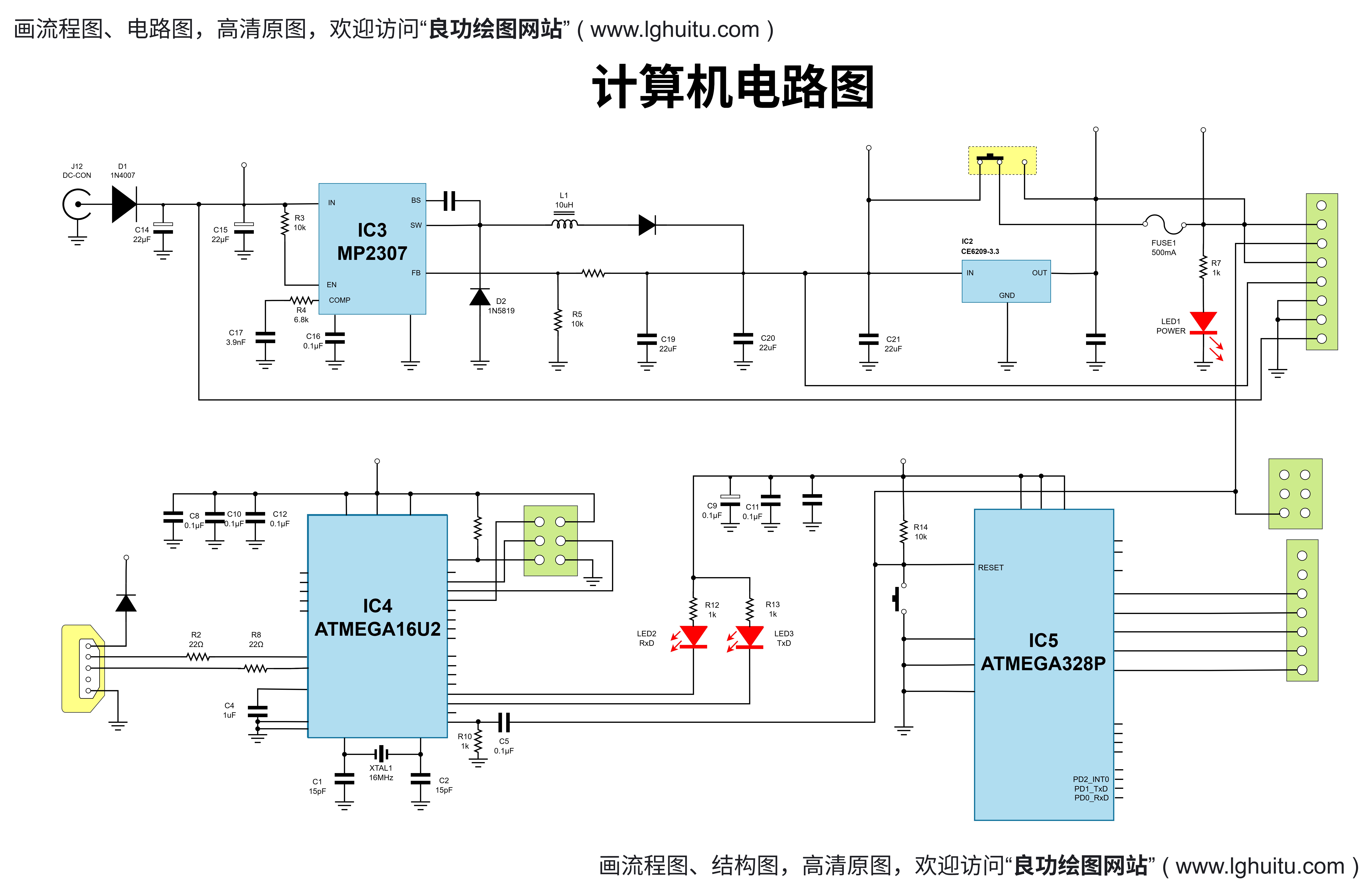
TheImportanceofElectricalPrincipleDiagramDesign
Electricalprinciplediagramsareindispensabletoolsintheworldofelectricalengineeringandtechnology.Thesediagramsserveasblueprintsforunderstanding,designing,andmaintainingcomplexelectricalsystems.Fromindustrialmachinerytoconsumerelectronics,electricalsystemsrelyonwell-drawnprinciplediagramstoensurefunctionality,safety,andefficiency.
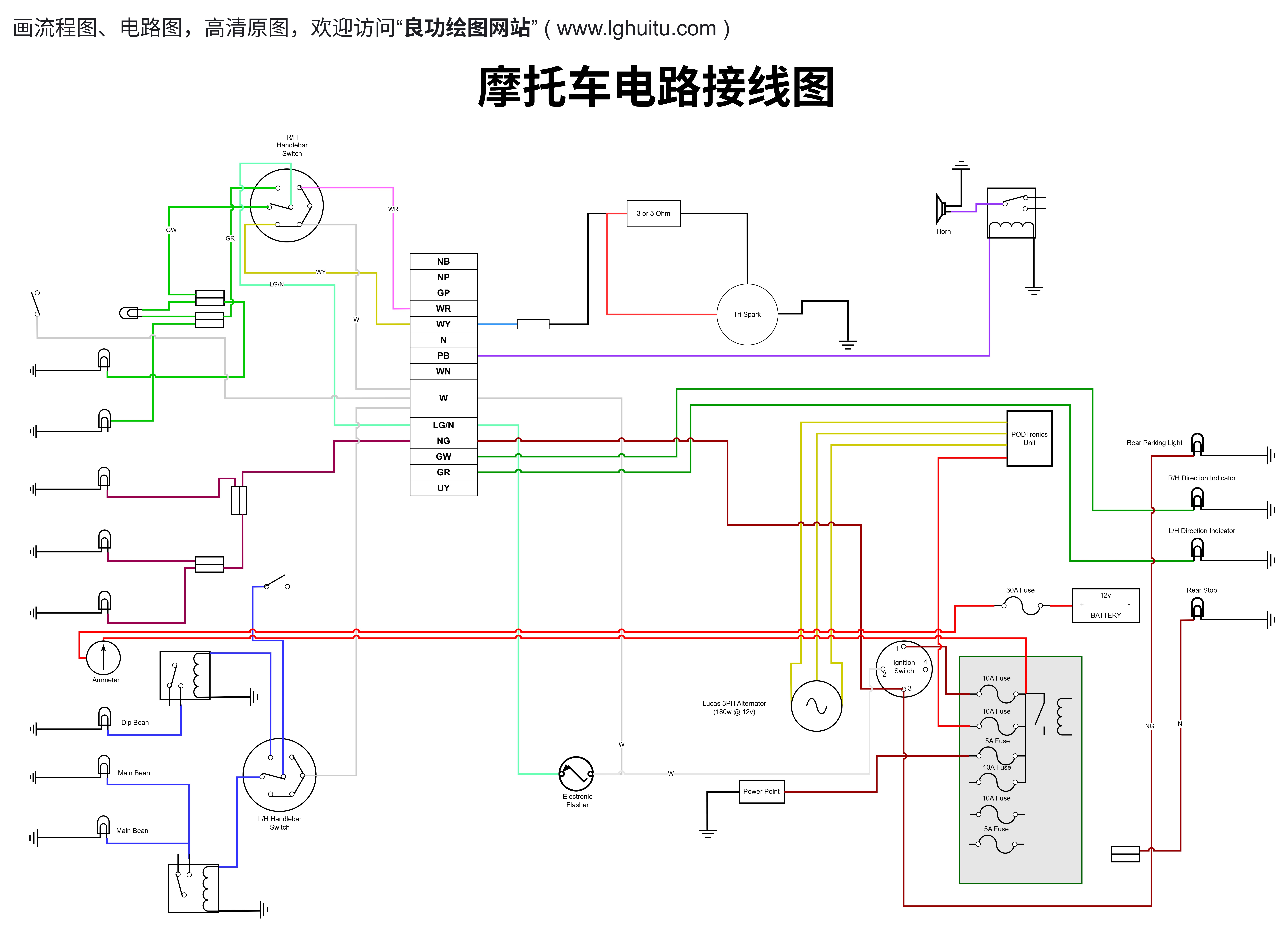
Thecomplexityofmodernelectricalsystemsnecessitatesprecisionindiagramdesign.Asinglemisconnectionorambiguityinadiagramcanleadtocostlyerrors,equipmentfailure,orevensafetyhazards.Therefore,adheringtoestablisheddesignnormsandstandardsiscrucialforproducingclear,accurate,andreliableelectricalprinciplediagrams.
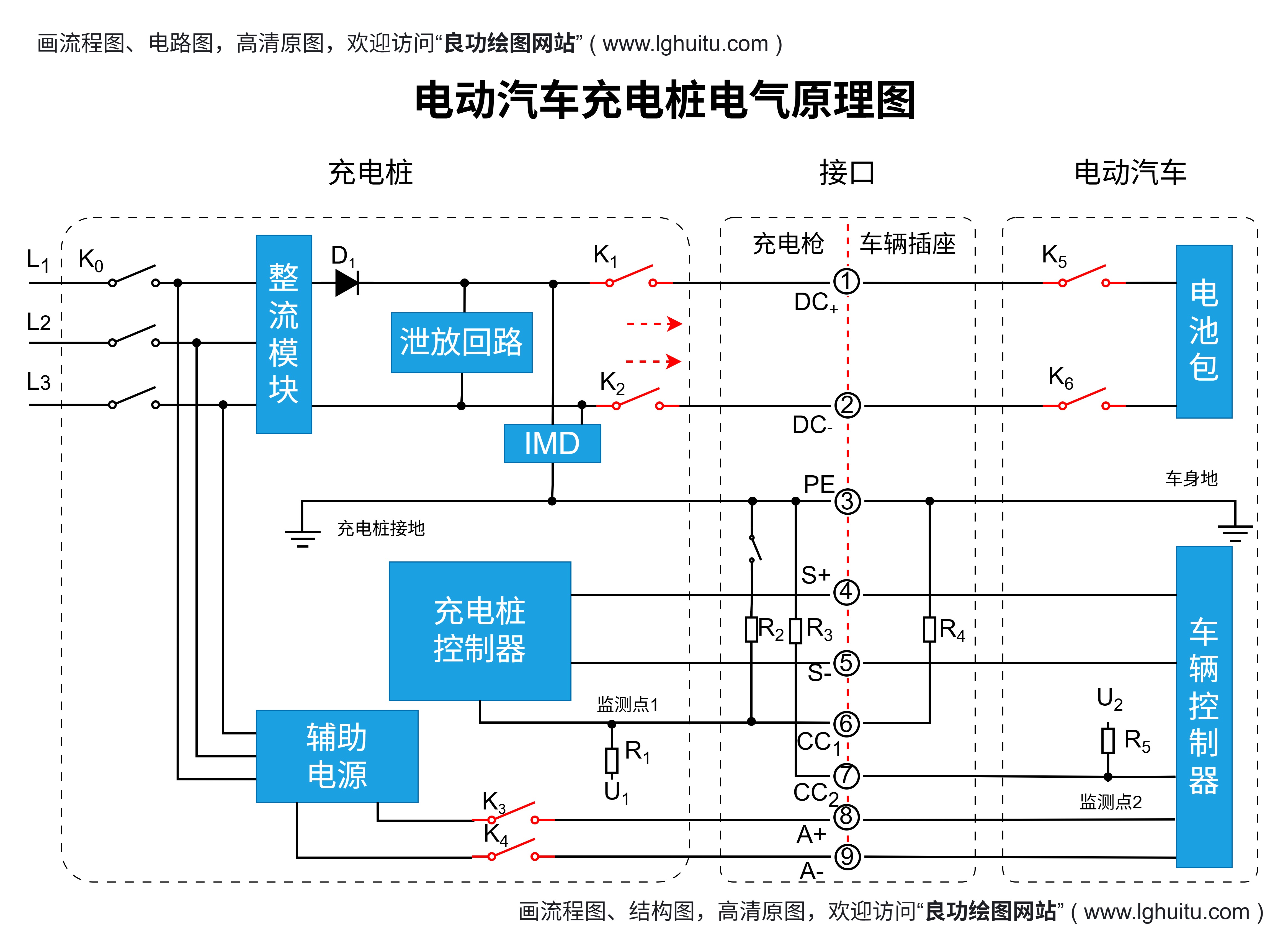
KeyAspectsofElectricalPrincipleDiagramDesign:
ClarityandSimplicity:Diagramsshouldbefreefromclutter,withclearlabels,symbols,andannotations.Awell-designeddiagramallowsanyonereadingittoquicklygraspthesystem'soperation,components,andinterconnections.
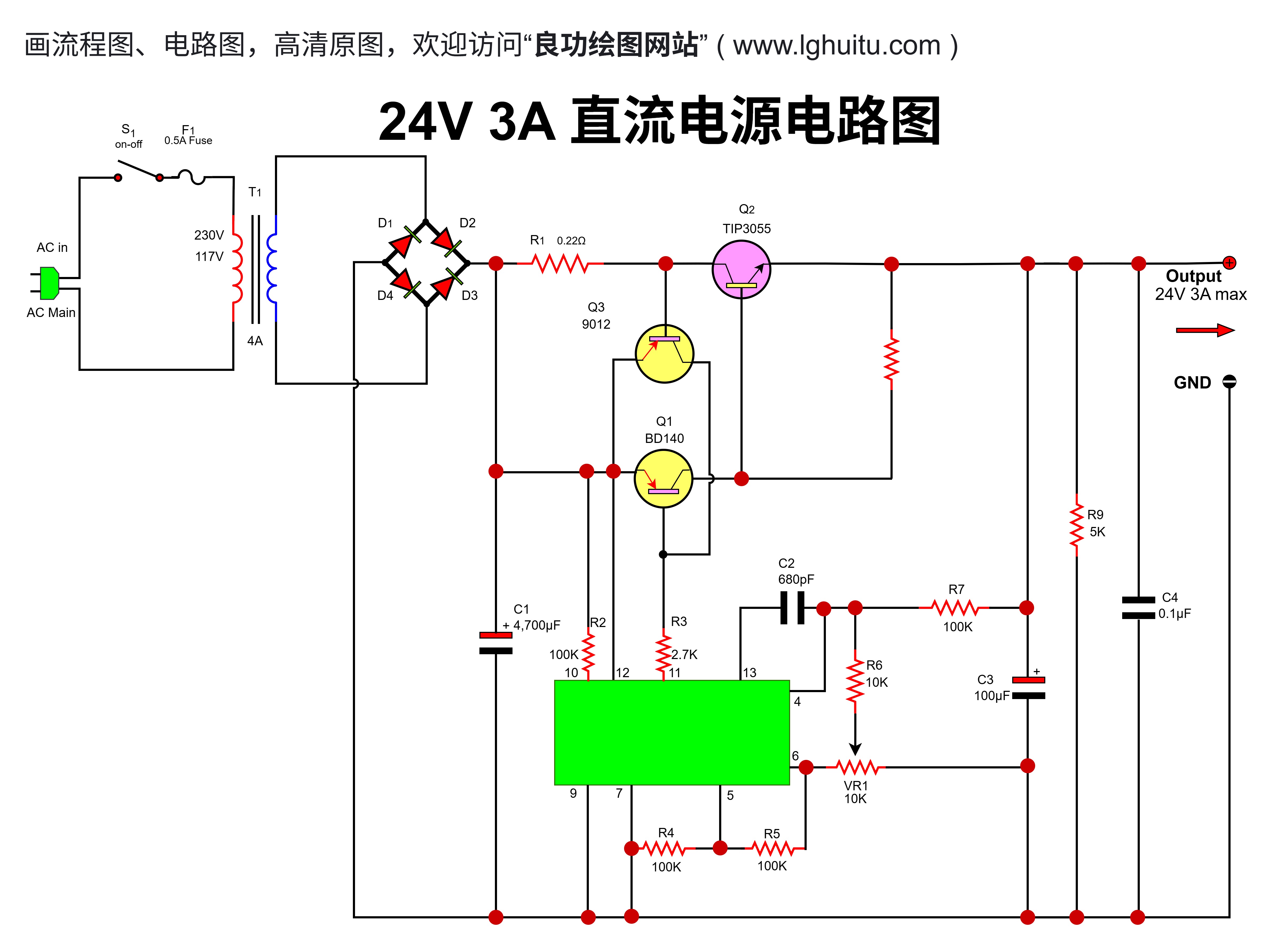
Standardization:Compliancewithindustrystandardsensuresconsistencyacrossdesigns.Thisisparticularlyimportantinlarge-scaleprojectsorthoseinvolvinginternationalcollaboration,whereadherencetoglobalstandards(suchasIEC,ANSI,orUL)ismandatory.
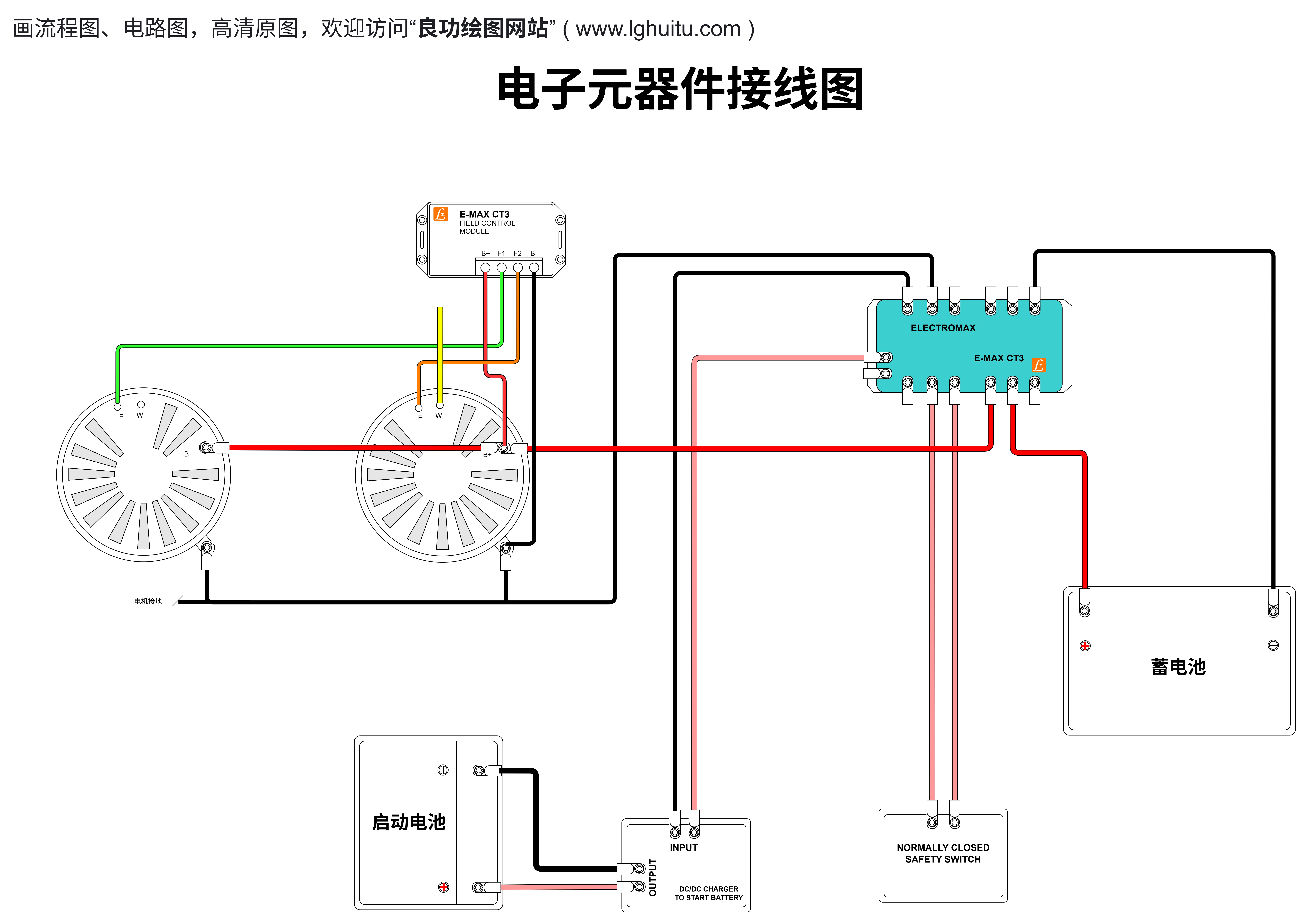
3.,Detailing:Electricalprinciplediagramsrequirealevelofdetailthatgoesbeyondhigh-levelschematics.Thisincludesspecifyingcomponentratings,installationprocedures,andmaintenanceguidelines.
Interoperability:Agoodprinciplediagramshouldensurethatdifferentpartsofasystemcanworktogetherseamlessly.Thisisespeciallycriticalinmodularorhybridsystems,wherecomponentsfromdifferentmanufacturersorregionsmaybeintegrated.
LifeCycleConsiderations:Diagramsshouldreflectthesystem'sentirelifecycle,fromdesignandinstallationtooperation,maintenance,anddecommissioning.Thisensuresthatthediagramremainsrelevantandusefulthroughoutthesystem'slifecycle.
Byprioritizingclarity,standardization,anddetail,electricalengineerscancreatediagramsthatserveasreliableguidesforeveryoneinvolvedinthesystem'slifecycle.
DesigningtoStandards:BestPracticesandPitfallstoAvoid
Designingelectricalprinciplediagramstomeetindustrystandardsisnotjustaboutfollowingachecklist;it'saboutunderstandingtheunderlyingprinciplesthatensureadiagram'seffectiveness.Belowaresomebestpracticesandcommonpitfallstoavoidwhendesigningelectricalprinciplediagrams.
AdherencetoGlobalStandards:
IECStandards:TheInternationalElectrotechnicalCommission(IEC)providescomprehensiveguidelinesforelectricaldiagrams,includingIEC60601formedicaldevicesandIEC61508forautomotivesystems.
ANSI/IEEEStandards:Thesestandardsprovidebestpracticesforelectricalandelectronicschematics,ensuringconsistencyandclarityindesign.
ULandNIStandards:UndertheUnderwritersLaboratories(UL)andNationalUnderwriter'sAssociation(NUA)standards,diagramsmustreflectsafeandreliablesystemconfigurations.
Everycomponent,wire,andconnectionshouldbeclearlylabeled.Usestandardizedsymbolstorepresentcomponents,suchasresistors,capacitors,andswitches.
Includetechnicalspecifications,suchasvoltage,currentratings,andtolerances,toensurethediagram'saccuracy.
Breakdowncomplexsystemsintosmaller,manageablemodules.Thisnotonlysimpl,thediagrambutalsomakesiteasiertounderstandandmaintain.
Usereferencedesignatorstoindicatecomponentsthatareidenticalorfunctionallysimilar.
CompliancewithMaintenanceGuidelines:
Includemaintenanceinstructionsandinspectionpointsinthediagram.Thishelpsinplanningpreventivemaintenanceandreducesdowntime.
Specifytoolsandmaterialsrequiredforinstallationandtroubleshooting.
UseofDiagrammingSoftware:
UtilizeprofessionalsoftwarelikeAutoCAD,Visio,orLTspicetocreatepreciseandprofessionaldiagrams.Thesetoolsoffertemplatesandlibrariesofstandardizedsymbolstoenhancedesignconsistency.
Regularlyreviewandupdatethediagramtoreflectchangesinthesystemormanufacturingprocesses.
Overcomplication:Avoidusingtoomanysymbolsorannotationsthatclutterthediagram.Keepitsimpleandfocusedonthekeyelements.
LackofConsistency:Ensurethatallcomponentsusethesamesymbolsandterminologies.Inconsistentsymbolscanleadtoconfusionanderrors.
IgnoringSafetyStandards:Alwaysensurethatthediagramcomplieswithsafetystandards,especiallyinindustrieslikeautomotiveorindustrialautomationwheresafetyisparamount.
Ensurethatallpersonnelinvolvedinthedesignandinterpretationofelectricalprinciplediagramsaretrainedinreadingandinterpretingthesediagramscorrectly.
Regularlyconductworkshopsortrainingsessionstoupdatestaffonthelateststandardsandbestpractices.
Byfollowingtheseguidelines,electricalengineersandtechnicianscandesignelectricalprinciplediagramsthatnotonlymeetindustrystandardsbutalsoserveaseffectivecommunicationtoolsfortheentiresystem.
Inconclusion,thedesignofelectricalprinciplediagramsisamultifacetedprocessthatrequiresadeepunderstandingofindustrystandards,attentiontodetail,andacommitmenttobestpractices.Byprioritizingclarity,precision,andadherencetonorms,professionalscanensurethattheirelectricalsystemsarereliable,efficient,andmaintainable.Whetheryou'redesigningasimplecircuitoracomplexindustrialsystem,theprinciplesoutlinedinthisguidecanhelpyoucreatediagramsthatdrivesuccessandinnovation.